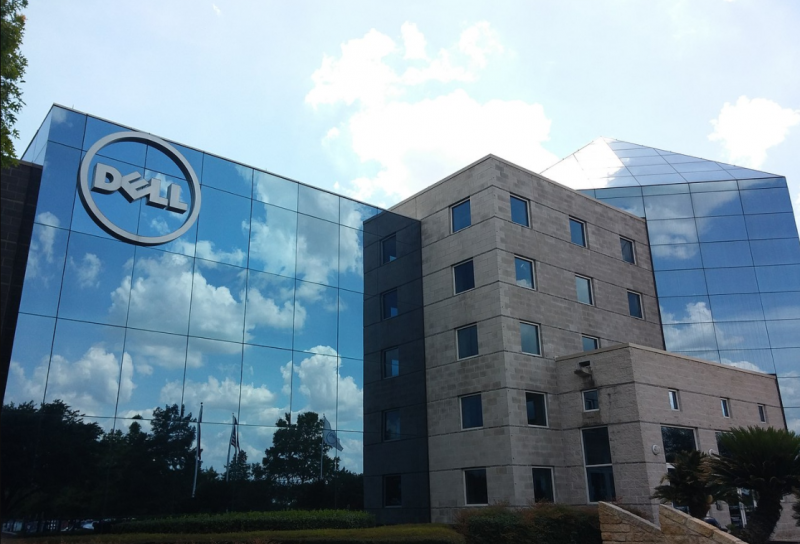 INFRA
INFRA
 INFRA
INFRA
 INFRA
INFRA
Dell Technologies Inc. today is rolling out a new set of PowerEdge servers that incorporate hardware designs created by the Open Compute Project and are configured for cold-aisle deployment.
For cloud service providers, the PowerEdge R670 and R770 CSP Edition servers feature improved performance and a new standardized server architecture for easier deployment and servicing. For small customers and edge use cases, the PowerEdge T160 and R260 servers double the performance of previous models in a smaller footprint.
Dell said the PowerEdge R670 CSP and R770 CSP are designed for high-density and scale-out cloud workloads such as virtualization and analytics.
The servers feature Smart Cooling technology, which offers a choice of air cooling, direct liquid cooling and immersion cooling. The air cooling option optimizes airflow to distribute the right amount of cooling to the right locations in the server. Direct liquid cooling is for high-power-consumption applications in dense configurations. It uses liquid to remove heat and applies cold-plate loops to cool processors directly. Immersion cooling is a relatively new technique that completely submerges a system in a vat of nonconductive liquid.
Designed for use in large data centers, the R670 and R770 feature a compact form factor with front-facing ports for use in cold aisle configurations in which cooling is applied to the rear of the unit. The Intel Corp. Xeon 6 processors use “efficiency cores,” which are part of a new, more power-efficient CPU design. Dell said users can expect to see up to 2.3 times more performance per rack compared the previous server generation.
The servers have Dell Open Server Manager for remote monitoring, management and control. The software is built on OpenBMC, an open-source project that provides a base layer for specialized microcontrollers called building management controllers. BMCs monitor and manage server functions such as system health, remote control, power management and interfacing with other systems for administrative tasks even when the server is powered off.
The CSP Edition servers also mark the debut of the Data Center – Modular Hardware System architecture in Dell Products. DC-MHS, part of the Open Compute Project, is a standard for streamlining and optimizing hardware deployments in data centers that promotes modularity, scalability and flexibility in servers, storage and networking equipment.
Dell said using DC-MHS simplifies server integration into existing infrastructure by standardizing servers.
The PowerEdge T160 and R260 servers consume 40% of their predecessors’ physical footprint and use more sustainable materials, including recycled steel and an unpainted metal chassis. The T160 is up to 23% more power-efficient than the previous-generation T150. The R260 also has a 24% smaller physical footprint than the predecessor R250.
Both servers are based on Intel Xeon E-2400 Processors, which doubles their performance compared to the previous generation. The T160 is aimed at real-time data processing at near-edge installations, while the R260 is intended for low-latency near-edge virtualization. Both are equipped with filter bezels to accommodate harsh environments.
The PowerEdge R670 and R770 CSP Editions are available now through an early access program and will be globally available to qualified cloud service providers in July with general availability soon thereafter. The PowerEdge T160 and R260 will be globally available this month.
Support our mission to keep content open and free by engaging with theCUBE community. Join theCUBE’s Alumni Trust Network, where technology leaders connect, share intelligence and create opportunities.
Founded by tech visionaries John Furrier and Dave Vellante, SiliconANGLE Media has built a dynamic ecosystem of industry-leading digital media brands that reach 15+ million elite tech professionals. Our new proprietary theCUBE AI Video Cloud is breaking ground in audience interaction, leveraging theCUBEai.com neural network to help technology companies make data-driven decisions and stay at the forefront of industry conversations.